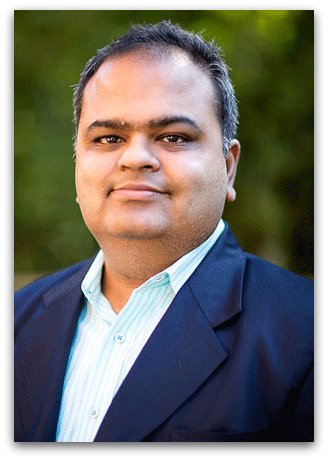 Venkat Subramanian is the Washington Research Foundation Innovation Professor of Chemical Engineering and Clean Energy at the University of Washington. His research efforts focus on computational models to bridge next-generation energy materials to battery management systems. Subramanian has recently been named a new technical editor of the Journal of The Electrochemical Society, concentrating in the electrochemical engineering Topical Interest Area.
Venkat Subramanian is the Washington Research Foundation Innovation Professor of Chemical Engineering and Clean Energy at the University of Washington. His research efforts focus on computational models to bridge next-generation energy materials to battery management systems. Subramanian has recently been named a new technical editor of the Journal of The Electrochemical Society, concentrating in the electrochemical engineering Topical Interest Area.
What do you hope to accomplish in your role as technical editor?
I am humbled and honored to be a Journal of The Electrochemical Society technical editor and I hope to help improve the impact factor and reach of our journal without losing the rigor we are known for. In particular, the electrochemical engineering topical interest area serves a critical role of taking fundamental electrochemistry to industrial applications. My current aim is to promote both traditional and new industrial applications of electrochemistry across different scales.
What are some of the biggest barriers for authors and for readers in the current publishing model?
Once I had a proposal rejected in my early academic career wherein the reviewer criticized me for not being aware of a recent article. I called the program officer to convey my unfortunate situation of not having access to the specified journal at my institution. While there are interlibrary loans or other such mechanisms, they are not optimal for making progress in research. Research requires instantaneous and immediate access. If you don’t have it, you lose out to your competitors who have such access. Note that every proposal is (and should be) reviewed on its merit and not resources available at a particular institution. Open access is critical for researchers and scientists.
What is the role of the Journal Impact Factor in scientific publishing?
Whether we like it or not, perception matters. Many academic departments have become highly interdisciplinary. Impact factor plays a big role in tenure and promotion decisions and there may be only one faculty member working in the field of electrochemistry. While I personally don’t read or benefit much from journals with high impact factor*, I will strive hard to promote and improve the impact factor of the Journal of The Electrochemical Society and the perception about ECS journals in the scientific community.
(more…)
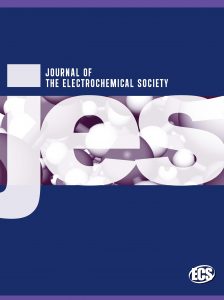 To recognize the innovative research gaining attention across the diverse span of its topical interest areas, the Society highlights the top five most-read journal articles in each area during each quarter of the year.
To recognize the innovative research gaining attention across the diverse span of its topical interest areas, the Society highlights the top five most-read journal articles in each area during each quarter of the year.

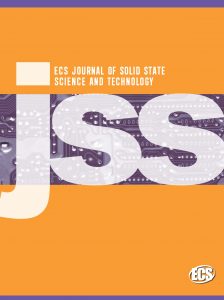
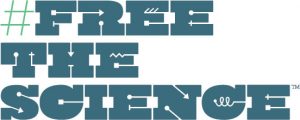
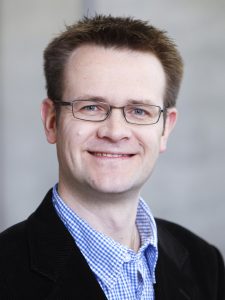 Thomas J. Schmidt is chair and professor of electrochemistry at ETH Zürich, and head of the Energy and Environment Research Division at Paul Scherrer Institute in Villigen, Switzerland, where he investigates various aspects of electrochemical energy conversion and storage. In 2010, he received the ECS
Thomas J. Schmidt is chair and professor of electrochemistry at ETH Zürich, and head of the Energy and Environment Research Division at Paul Scherrer Institute in Villigen, Switzerland, where he investigates various aspects of electrochemical energy conversion and storage. In 2010, he received the ECS 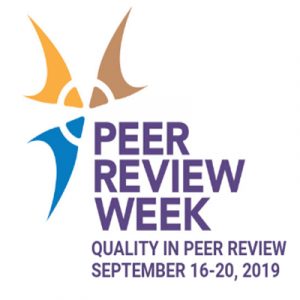
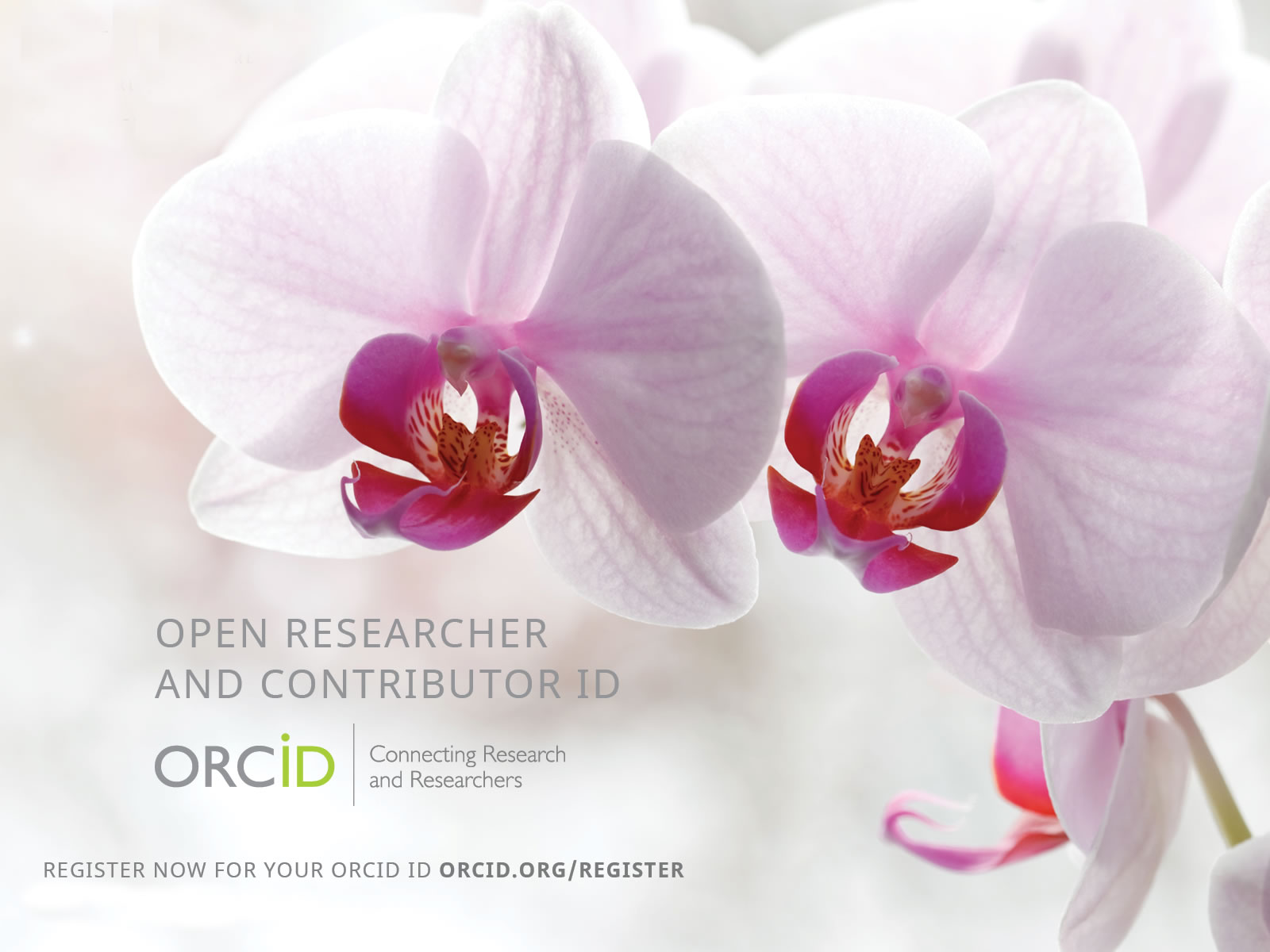
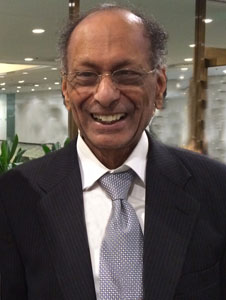
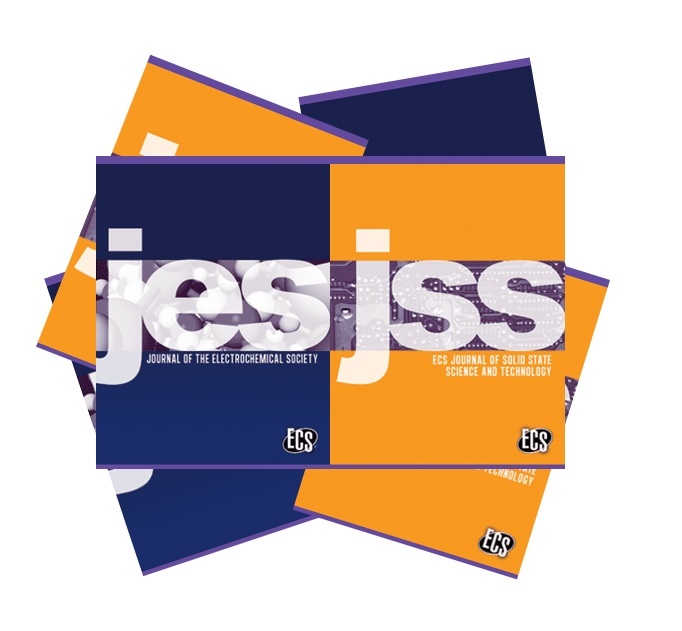 The journal impact factors (JIFs) for 2016 have been released, and ECS is pleased to announce that the JIFs for the
The journal impact factors (JIFs) for 2016 have been released, and ECS is pleased to announce that the JIFs for the 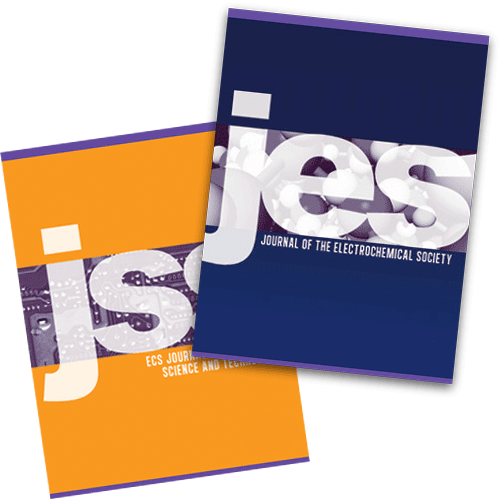 ECS believes that the key to sustainability is the ability to adapt. For over
ECS believes that the key to sustainability is the ability to adapt. For over  Venkat Subramanian is the Washington Research Foundation Innovation Professor of Chemical Engineering and Clean Energy at the University of Washington. His research efforts focus on computational models to bridge next-generation energy materials to battery management systems. Subramanian has recently been named a new technical editor of the
Venkat Subramanian is the Washington Research Foundation Innovation Professor of Chemical Engineering and Clean Energy at the University of Washington. His research efforts focus on computational models to bridge next-generation energy materials to battery management systems. Subramanian has recently been named a new technical editor of the 